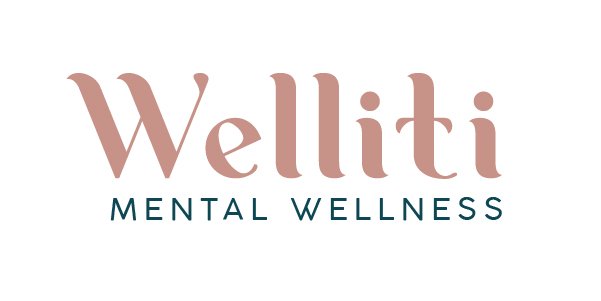How To Ask For What You Want & Get It
Some people immediately perspire when thinking about speaking up, while others ask for what they want effortlessly. What makes one person more confident and successful than another? How do people not only ask for what they want but receive it?
The number one way to get what you want and need is to ask. Ever heard the expression closed mouths don’t get fed? How about the squeaky wheel gets the grease? The idea is the same…you first need to verbalize what you want. Most people don’t speak up because they are afraid to hear NO or they are worried about hurting or inconveniencing others. Understand that your needs matter and are linked to your mental health.
Identify the worst and best case outcome of having a tough conversation and plan for both. What would you gain? How does this improve your life? Does it negatively impact others? What is the worst that can happen from having this discussion? How will you respond? What can you offer as a compromise? Come up with multiple options that may provide a beneficial outcome.
It’s important to get comfortable with being uncomfortable. If you find that something makes you uncomfortable explore the reason. Put yourself in similar uncomfortable scenarios until you feel more confident. Acting out a scenario with a friend and creating a script can also decrease uncertainty. Be direct with your words. Eliminate uncertainty and ambiguity by being clear.
Identifying shared interest in goals and outcomes can motivate you to ask for what you want. If the overall outcome is beneficial for you and others you may feel more determined to speak up. For example, if you want to work a few days a week from home what are the benefits to your employer and for you? Maybe you will be more productive without distractions in the office. Maybe your employer saves money due to fewer resources used. Maybe you’re saving gas money or time which improves your mental health. Genuinely provide something that helps the other party.
When you bring up a tough conversation is also important. Try to avoid discussing important topics during high stress or time-sensitive moments. Avoid discussions early in the morning, around lunch, and around the end of the day to increase your chance of success. Also, try to avoid times when people are sad, angry, or dealing with another stressor. The goal is to find an ideal time to be heard and understood.
Leave the door open for future talks and negotiations. Discuss a time to revisit how things are going and to make changes as necessary. Life and decisions are fluid and you should be able to adjust and adapt accordingly.
Please free yourself from guilt. Communicating your needs and expectation can lead to more happiness, peace, and control in your life.
✌️Be Well


